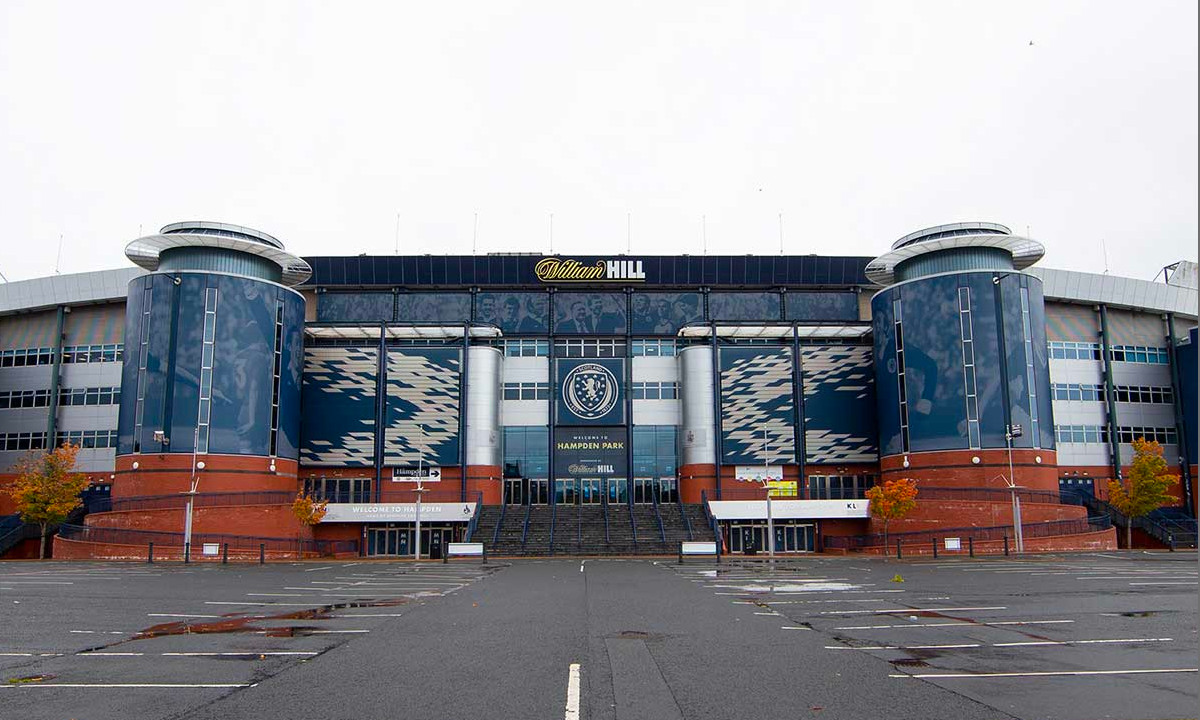In the world of Scottish football, tensions are brewing as half of the clubs in the Scottish Premiership, including heavyweights like Rangers and Aberdeen, cast a shadow of doubt over the autonomy of an independent review into the governance of the SPFL (Scottish Professional Football League).
A joint statement, backed by St Johnstone, Motherwell, St Mirren, and Livingston, has sent shockwaves through the footballing community. This collective voice echoes “serious concerns” over the report and the “overall governance” of the league. Their discontent stems from a lack of transparency and a perceived imbalance of power within the league’s hierarchy.
At the heart of this upheaval lies a rift between club members and league officials. The clubs assert that they are seeking “full clarity on numerous issues” to determine whether further action is warranted. This demand for transparency underscores the importance of accountability and fairness in the management of professional football leagues.
The genesis of this controversy can be traced back to a dispute over sponsorship, which prompted SPFL chairman Murdoch MacLennan to issue an apology to Rangers. In the aftermath, an independent review of the league’s operations was commissioned in July, ostensibly to address underlying governance issues.
However, recent developments have only fuelled the flames of dissent. On 22 January, the governing body announced the preliminary findings of the draft report, claiming compliance “with significant elements of the UK Code of Corporate Governance.” Despite this assertion, the joint statement from the dissenting clubs rebukes this narrative, alleging that the announcement was made without the requisite approval or knowledge of league members.
Furthermore, concerns regarding the independence of the review have been raised. The clubs point to the fact that the SPFL executive had a hand in shaping the initial draft of the report before it was presented to the board members. This perceived lack of impartiality has cast a shadow over the integrity of the entire process.
Perhaps most concerning is the apparent exclusion of club input in the investigation process. Of the 42 member clubs, only one had the opportunity to provide input, leaving the majority sidelined in a decision that directly impacts their interests. This disparity in representation undermines the principles of democracy and fairness that should govern league affairs.
As the controversy continues to unfold, the handling of the independent governance report has brought long-standing governance concerns to the forefront. It is now incumbent upon the SPFL board and executive to address these grievances with the urgency they deserve. Restoring trust and credibility in the league’s management is paramount for the future sustainability of Scottish football.
In conclusion, the discontent voiced by half of the Scottish Premiership clubs underscores the pressing need for reform within the SPFL. Transparency, accountability, and inclusivity must be prioritised to ensure the integrity of the league and the trust of its stakeholders. Failure to address these concerns risks jeopardising the very foundation of Scottish football.
